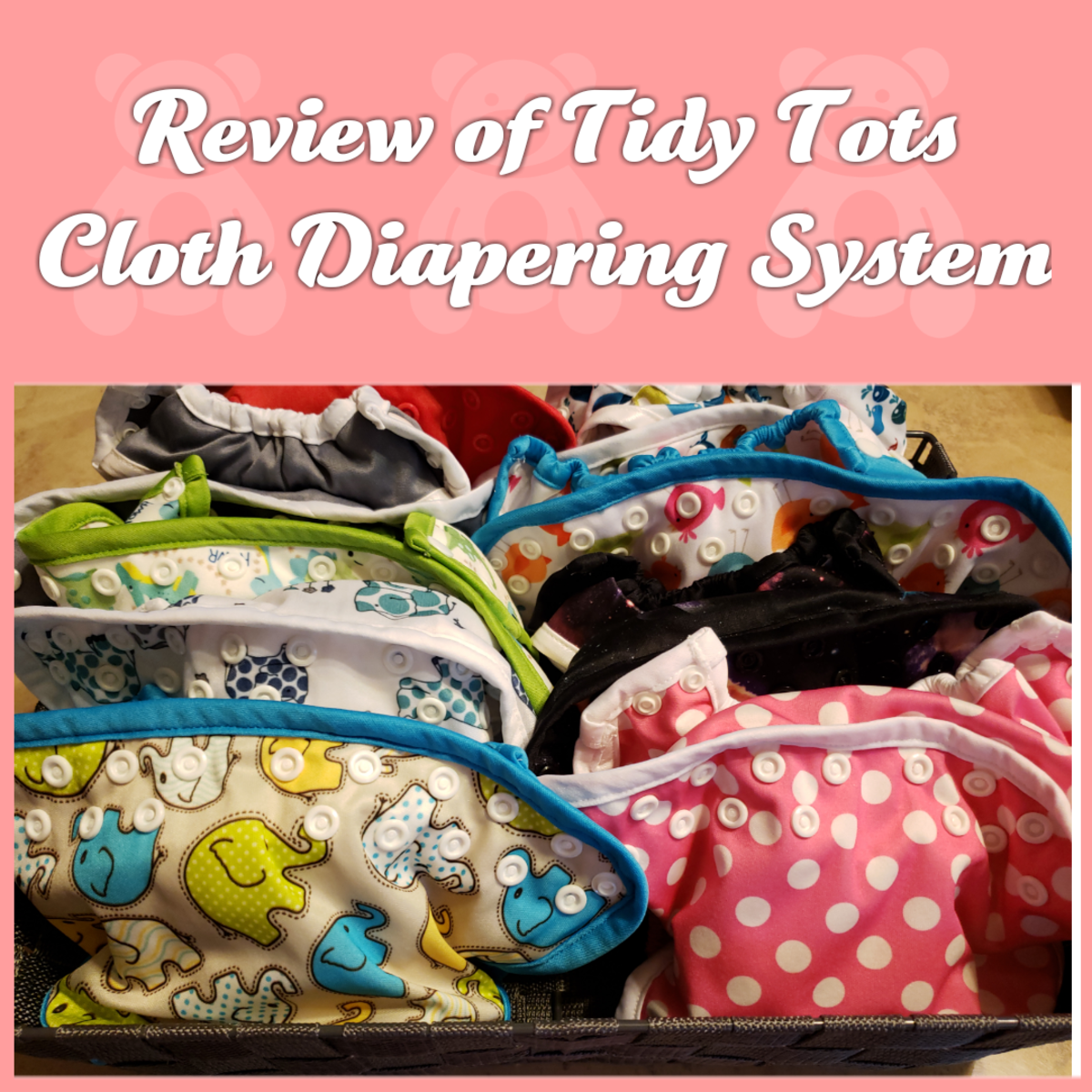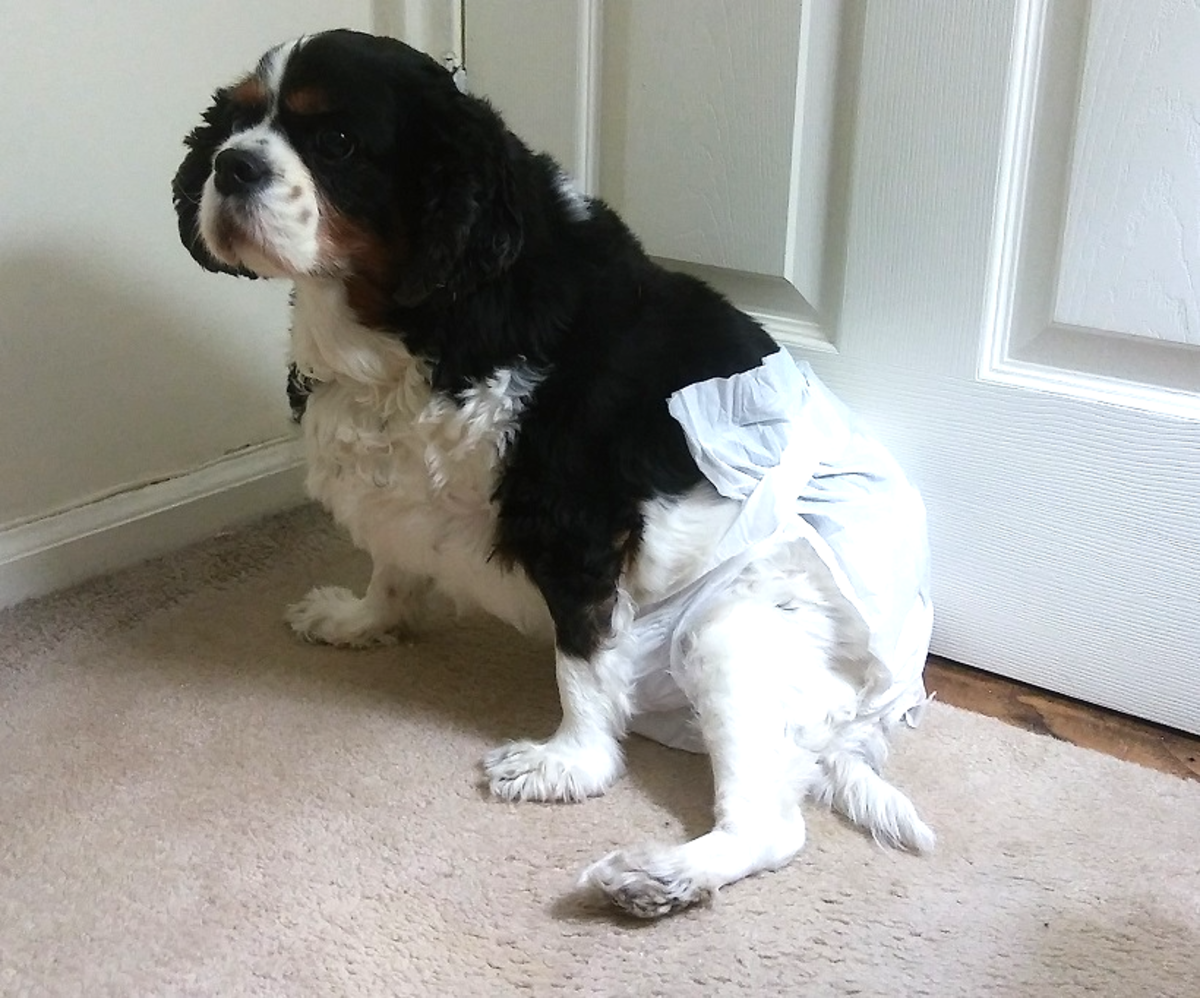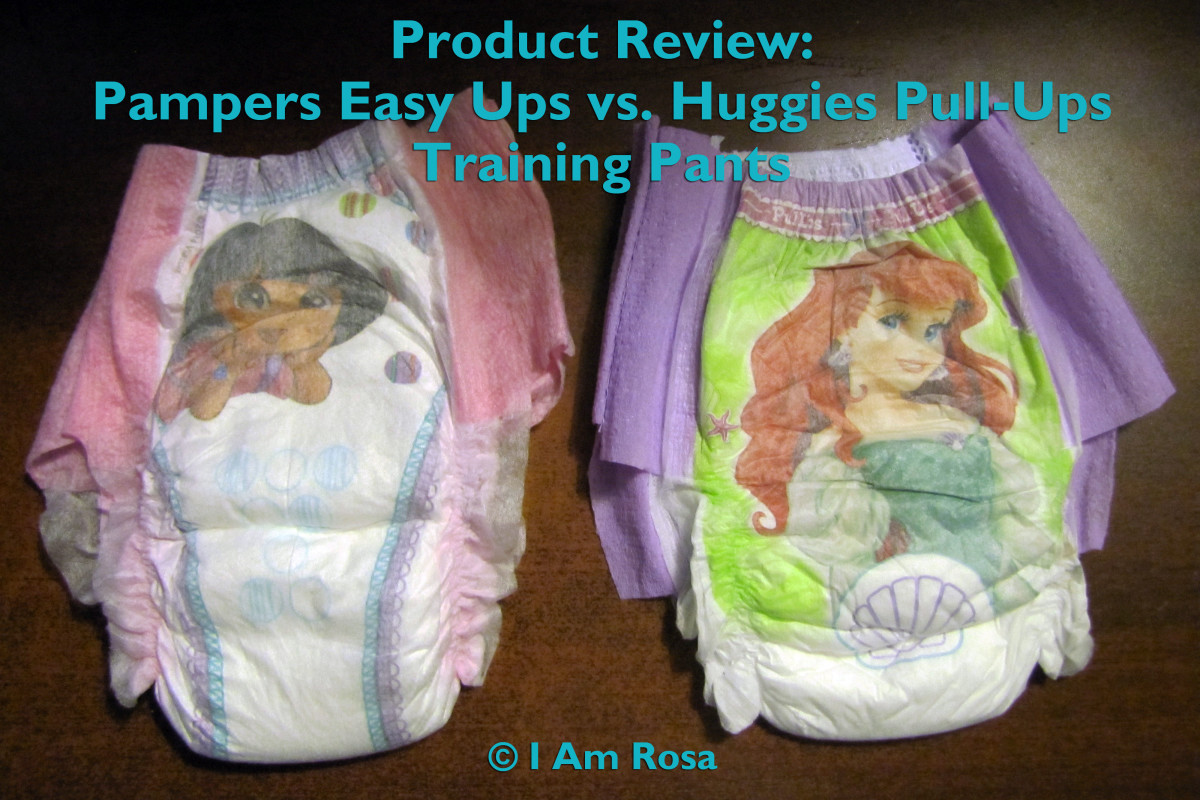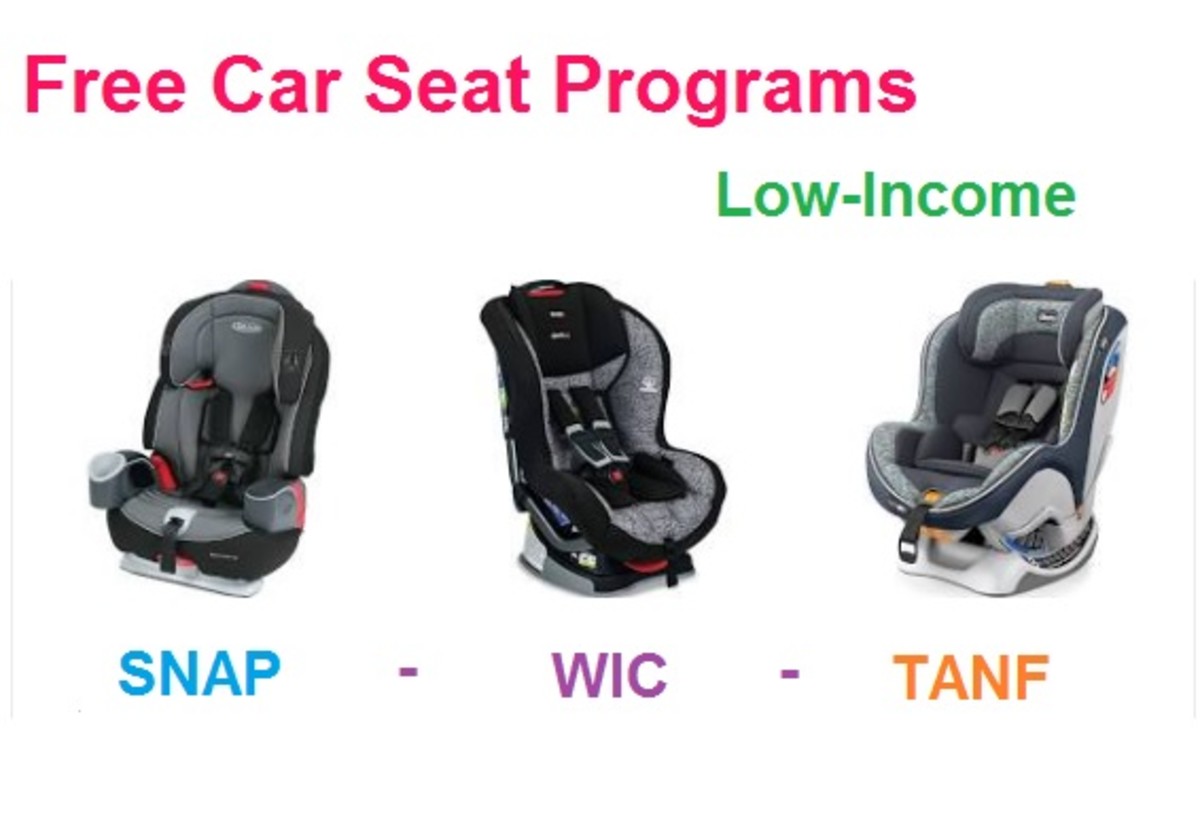What's the Deal with China Cheapies
China Cheapie Diapers
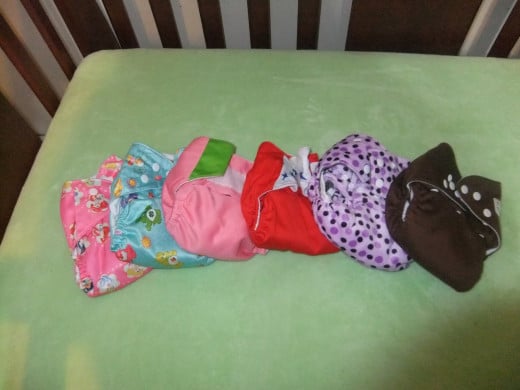
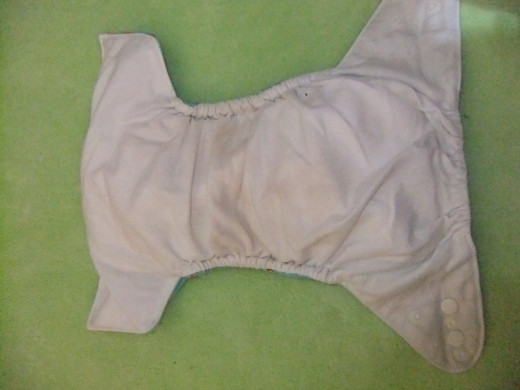
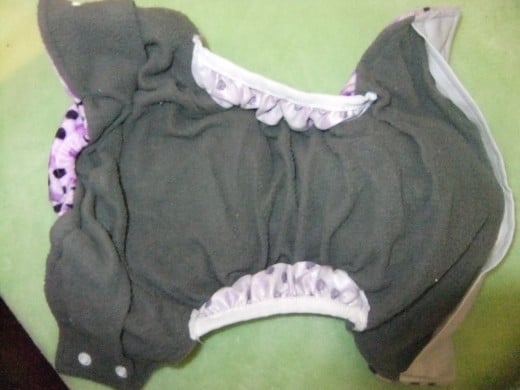
Good or bad?
Have you ever used China Cheapie diapers?
China Cheapies
Cloth diapering moms are of many different minds about the concept of “China Cheapies.” As a new cloth diapering mom, likely on a budget, the idea of fleshing out your stash with diapers that only cost about $5 apiece can be very tempting—but it can also leave a mom feeling like she’s done something dirty, if the chatter on many cloth diapering boards is to be believed. Many moms would like to know more about these cheap, easily accessible, often colorful cloth diapering options, but unfortunately, it’s hard to know who to ask. Here, you’ll find answers to your most pressing China cheapie questions.
What, exactly, is a “China cheapie?” China cheapies are cloth diapers that are manufactured in China (as, incidentally, are many mainstream cloth diaper brands) and marketed for a very low price. If purchased directly from the manufacturer in small quantities, these diapers are usually priced for around $5-6 dollars for a pocket diaper. If purchased through a co-op, they may cost as little as $3. By contrast, many name brand pocket diapers run between $12 and $20 or more—a prohibitive start-up cost for a mom who might not even be sure if she wants to use cloth diapers yet. Brands include Alva, JC Trade, Baby Wizard, Happy Flute, THX, Sunbaby, and others.
Are China cheapies lower quality? The answer to this varies depending on who you ask. There are moms who have perfectly functional diaper stashes that consist primarily of off-brand diapers. Do they have leak issues? Not usually any more than any other diaper, once the learning curve on a new style is surpassed. Are they more likely to delaminate/have relaxed elastic/otherwise “wear out”? Again, the verdict is mixed. Some moms insist that they just don’t get as good quality out of their cheap diapers. They argue that they have super-relaxed elastics, they’re more likely to delaminate than the name brands, and they’ve had issues right out of the packaging that the manufacturer refused to fix for them.
Personally, I’ve had China cheapies in my stash that I started using when my now two-year-old was first cloth diapered (around five months). Most of them are in the same shape as the name brand diapers that I picked up at the same time. I’ve only had a major issue with one diaper, ever, as it arrived from the factory: a single cracked rise snap that didn’t noticeably affect function. For my newborn diapers, I found the “knockoffs” to be just as effective as the name brand diapers (which is to say, barely; prefolds and covers worked much better for that stage).
I did notice, however, that my China cheapies tended, in general, to have a much wider fit; were a little bit bulkier; and didn’t fit as well on my daughter. While my son was a pretty good-sized chunk by the time we started cloth diapering, at six months, she’s only twelve pounds and change, and has only just started to really fit into her cheaper diapers. She has, however, been in one-size diapers since she was less than a month old due to the fact that she’s a heavy wetter.
So what’s wrong with them? Why the controversy over China cheapies? Recently, some of the cheap cloth diaper manufacturers overseas “stole” patterns and prints from mainstream diaper companies. This caused a great deal of outrage, and unfortunately, there isn’t much that American copyright holders can do about it. They can reach out to cloth diapering moms and beg them not to buy those knockoffs…and that’s about it.
Buying China cheapie diapers is much like buying knockoff shoes, purses, or clothing: you get a cheaper version of the designer original. It’s not exactly the same; it’s not quite as well-made; it’s not “original”…but it’s pretty close to the real deal, and it means that a lot of people will choose to buy the cheaper one rather than shelling out the extra money for a name-brand diaper. It means that the original designer/manufacturer isn’t making as much money for their products as they would otherwise make, and it means that their creative property rights are being violated.
There are also some concerns over fair working conditions in many China factories. Do your research—there are some out there that are perfectly fine, and others that aren’t quite as nice. Also, keep in mind that even if the diapers of many American-made brands are manufactured in America, many of the individual components of the diaper are still made in China.
What are the benefits of China cheapies? There are several benefits to China cheapies. First: they’re cheap! That means that if you accidentally leave a diaper somewhere, destroy one by letting your child wear it on concrete, or played with it in paint, or ate blueberries in it…it’s not a big deal, and it’s easily replaced. You don’t have to worry about leaving a diaper in the car (where, in summer, it might get very hot and end up delaminating) for emergencies, or about loaning one to a friend or never getting it back. You can designate one as a swim diaper, knowing full well that both salt water and chlorine can damage the PUL. Sure, you don’t want them to get destroyed; but if they do, it’s not a major crisis. A name-brand diaper being destroyed? Financially speaking, that hits you where it hurts.
China cheapies also tend to not be hard to find or limited edition, so if you need to replace one, it’s relatively easy. You might have to wait for shipping from China, so you might not have your favorite diaper for a little while, but you don’t have to shell out twenty dollars every time a diaper in your stash needs replaced.
You can also flesh out your stash with China cheapies, whether you actually prefer to use them or not. There will always be that occasion when you need just one more day before you do diaper laundry; when you forget to stuff diapers or just don’t have time to do it; when your baby has a stomach bug and goes through four diapers in an hour. Having a few extra diapers on hand is always a good idea for those “just in case” times.
China cheapies also come in a wide range of colors and prints that may not be available in your popular name brands. They’re constantly coming out with new ones, too, so there’s almost always something new to look at; and since they’re cheap, you can afford to pick up most of the ones that you like.
What are the drawbacks to China cheapies? China cheapies are…well, cheap. The materials often aren’t as high-quality (though they’re usually more than sufficient). The PUL may feel cheaper; the inner fabrics may be thinner or more likely to pill; the inserts might not be as absorbent. Many moms do insist that they do not hold up as well; the reason mine have made it as long as they have may well be because I had a huge rotation and bought, sold, and traded often. Copyright infringement really is a big problem, and all of those bright colors and patterns may “belong” to someone else. Many China-brand diapers are also patterned with popular characters, and the copyright legality is somewhat sketchy on some of these.
There’s often a long wait to have them shipped to you. Many name-brand retailers will ship almost1 immediately, and the diapers are often to your door within three days. If you order China diapers, on the other hand, at the best you can do, it’s probably going to be two weeks. More often, it’s as much as a month; and if you order through a co-op, it might be six weeks or more before you get your diapers.
There’s almost zero customer service, and likely no warranty. If you do have an issue, many companies want you to ship the diaper back to them at your expense—which is just as much as the diaper. Equally often, China companies will refuse to do anything about it at all. If you’re paying $5 or less for a diaper, you have to expect what you paid for—and a company that won’t stand behind their product.
So are they worth it? Ultimately, the decision is up to you. If you’re trying out cloth diapers for the first time, a starter stash of China cheapies might seem much more manageable than a full stash of name-brand diapers. If you’re on a very limited budget, they’re obviously much more affordable, and starting with a handful of them may be a gateway to later being able to buy a better stash. Pocket diapers are far, far easier than prefolds and covers (which have a similar start-up cost, but definitely have a learning curve).
If you’re looking to flesh out your stash a little, diaper on a very strict budget (though do be aware that a small stash of China cheapies almost certainly won’t last from birth to potty training) or supply grandma or a babysitter with a few diapers that won’t be used very often, China cheapies might be the way to go. On the other hand, if you can afford the name-brand diapers, they’re a higher-quality option that will likely last longer, and you know you’re supporting a company with practices that you can trust.
In the end, only you can decide how you want to diaper your baby. You certainly shouldn’t feel bad about choosing a cheaper option; and there’s nothing wrong with China diapers, if that’s what you choose to use. They’re a functional diaper that will keep your baby dry—and in the end, that’s what you’re really looking for, right?

